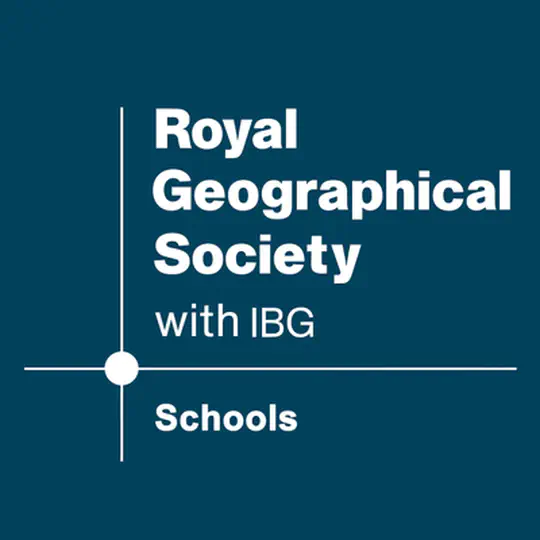Dr. Sabrina Li
UKRI Future Leaders Fellow | Senior Lecturer (Associate Professor) in Quantitative Medical Geography
King's College London
About Me
I am a quantitative health geographer in the Department of Geography at King’s College London. My research investigates the interactions between human health and the physical, social, and built environments. In particular, I am interested in understanding why certain populations are more susceptible to diseases and ill health than others, and the assessment of differential health impacts experienced by disadvantaged populations. Most of my work focuses on the social and environmental determinants of health. To address the complexity of these research areas, I utilise large spatial data sets and tools from GeoAI and quantitative methods. My research has been published in Nature Human Behaviour, BMJ Global Health, Cities, and Social Science and Medicine. I was recognized by Forbes Magazine as one of 30 under 30 in Science and Healthcare for Europe in 2022 and by the British Science Association as an Awards Lecturer in Agricultural, Biological and Medical Sciences at the 2024 British Science Festival.
Download my CV .
- Spatial Epidemiology
- Geographic Data Science
- Geographical Inequalities in Health and Wellbeing
DPhil in Geography, 2021
University of Oxford
MSc in Geography, 2017
University of Waterloo
BASc in Environmental Engineering, 2015
University of Waterloo
Current Projects
Publications
Media
Contact
I am keen to supervise independent and motivated Masters and PhD students with various backgrounds who have an interest in the aforementioned research topics. If my work is of interest to you, please send me an email with your CV and a brief statement of your research ideas and interests.
- sabrina.li@kcl.ac.uk
- University Park, Nottingham, Nottinghamshire NG7 2RD








